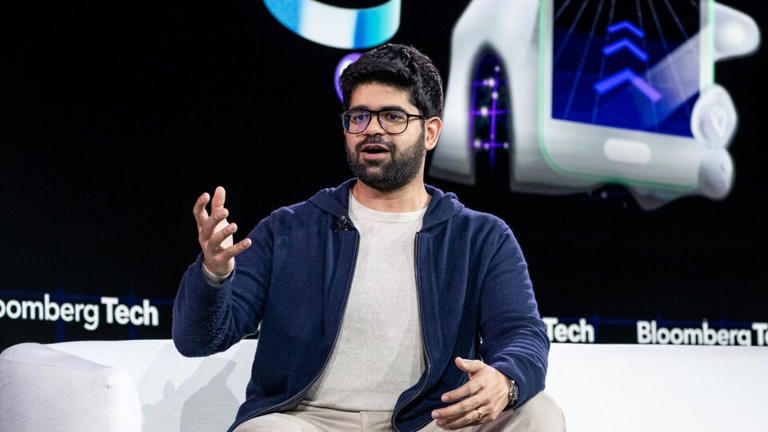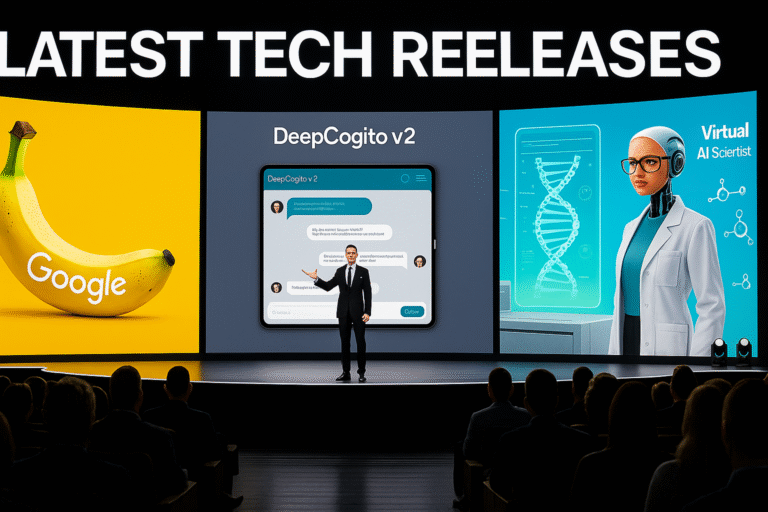

Comet Browser vs Project Mariner: Why Aravind Srinivas Thinks Perplexity Will Beat Google
In the rapidly evolving AI search space, Comet Browser by Perplexity is gaining serious momentum. Perplexity CEO Aravind Srinivas recently made headlines by confidently claiming that Comet Browser has the potential to beat Google’s Project Mariner, Google’s own next-gen AI-powered browser project.
Let’s break down the bold statement and the reasons why Srinivas is so confident—and why he says, “Expect them to copy us.”
This bold claim is not just marketing hype. It reflects a significant shift in how search and browsing will evolve in an AI-driven internet. Let’s explore what makes Comet Browser vs Project Mariner a battle worth watching—and why Srinivas is betting on Perplexity.
What is Comet Browser by Perplexity?
Comet Browser is Perplexity’s AI-powered search and browsing experience that combines real-time data retrieval with intelligent summarization. Unlike traditional search engines, Comet doesn’t just give you links—it gives you direct answers, citations, and context, streamlining how users interact with information.
Google’s Project Mariner – The Rival in Sight
Google’s Project Mariner is a still-under-wraps initiative that seeks to transform the search and browsing experience using its own powerful language models like Gemini. Though Google has already begun rolling out AI integrations via Search Generative Experience (SGE), Mariner is expected to be a more integrated, full-browser solution.
But therein lies the problem. Google’s business is rooted in advertising. Its AI product decisions often conflict with its ad revenue model.
This isn’t just another search engine—it’s a full AI co-pilot for the web.
Why Aravind Srinivas Believes Comet Will Win
“We’re designing the browser with AI at the center—not ads.”
That’s the key differentiator. According to Srinivas, Google is limited by legacy systems and monetization strategies. Comet Browser, on the other hand, is built from scratch, optimized for usefulness, speed, and truthfulness.
Here are 4 key reasons why Comet may outperform Mariner:
1. AI-Native from Day One
Comet is not a retrofit; it’s built ground-up as an AI browser. This allows seamless integration with LLMs and knowledge graphs.
2. No Ad-Based Interference
Unlike Google, which optimizes for ads, Comet is clean, ad-free, and focused purely on user satisfaction.
Comet is built to serve the user—not advertisers. This means faster load times, fewer distractions, and more room for useful AI interactions.
3. Transparency and Citations
Every answer in Comet includes real-time sources, giving users clarity and trust in the results—something Google is still experimenting with in SGE (Search Generative Experience).
Will Google Copy Perplexity’s Strategy?
Srinivas made a bold prediction:
Srinivas’s warning—“Expect them to copy us”—is more than a taunt. It’s a prediction that Google, despite its size and resources, will likely follow in Perplexity’s footsteps once Comet starts gaining traction.
But copying innovation is not the same as owning the vision. Perplexity’s first-mover advantage and deep focus on user value may allow it to shape the AI browser market before Google catches up.
A Shift in the Search Landscape
The Comet vs. Mariner debate signals a larger trend: AI is redefining search. Users now expect not just results, but curated knowledge, instant summaries, and interactive responses.
With this shift, newer players like Perplexity are gaining ground by being agile, focused, and less entangled in legacy business models.
Final Thoughts – The AI Browser War Has Begun
The rise of Comet Browser represents more than a new product—it’s a challenge to the decades-old dominance of Google. And with leaders like Aravind Srinivas steering the ship, Perplexity could genuinely redefine the future of AI browsing.
Whether Comet will truly dethrone Google’s Project Mariner remains to be seen. But one thing is clear—the battle has begun, and the underdog is fearless.


